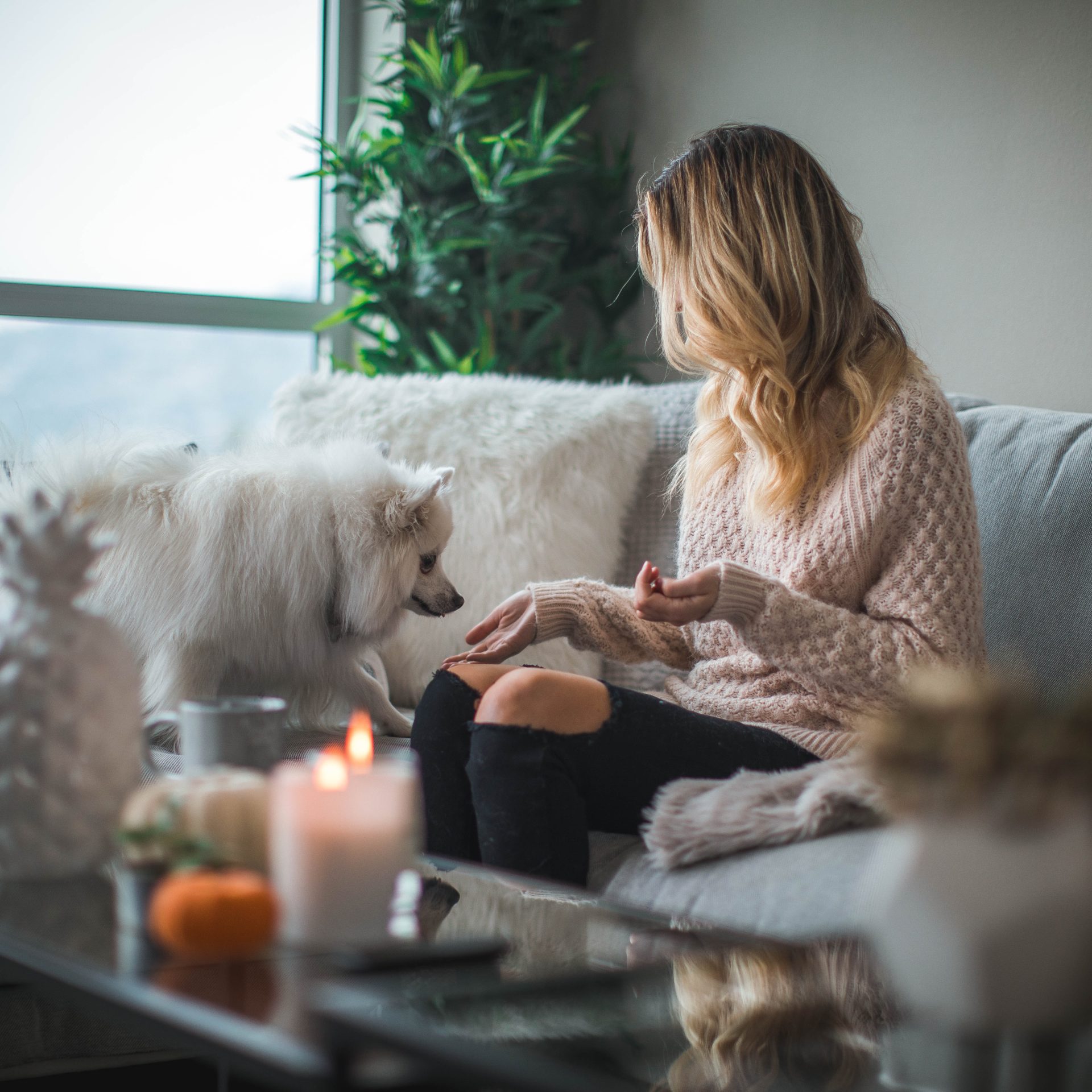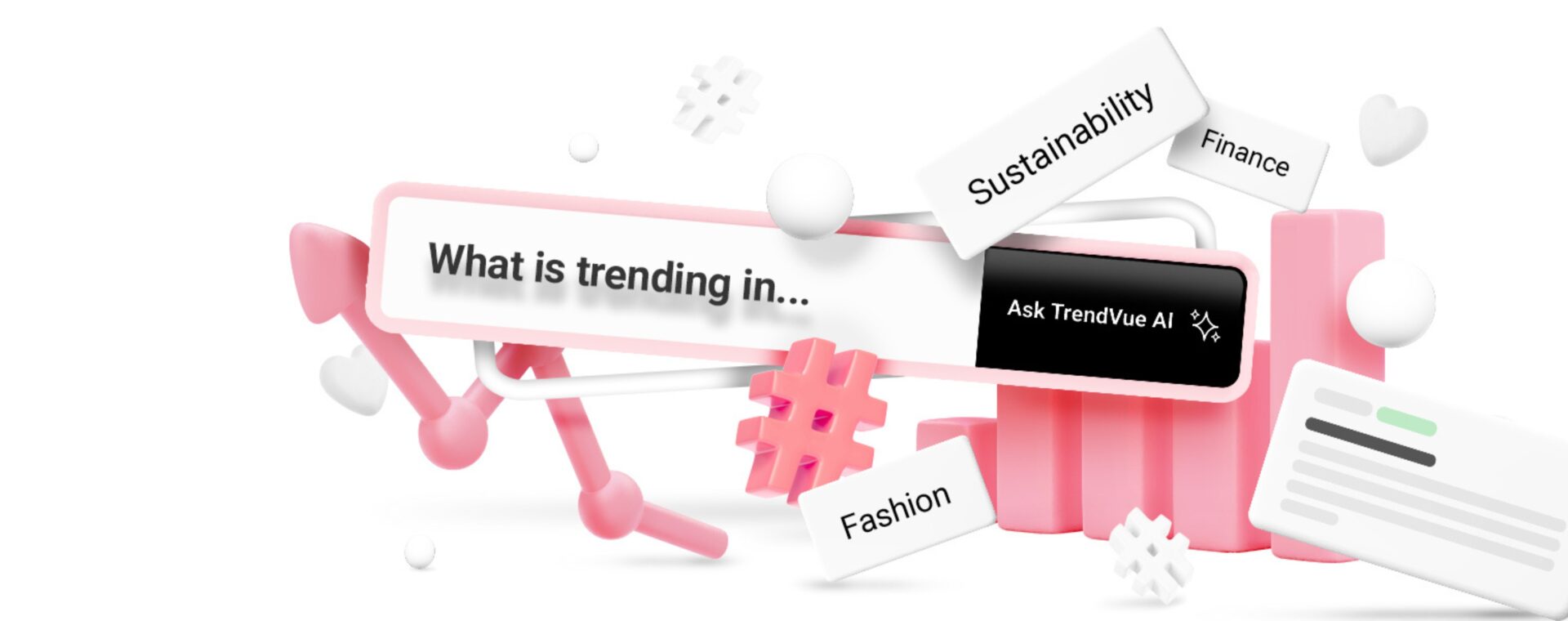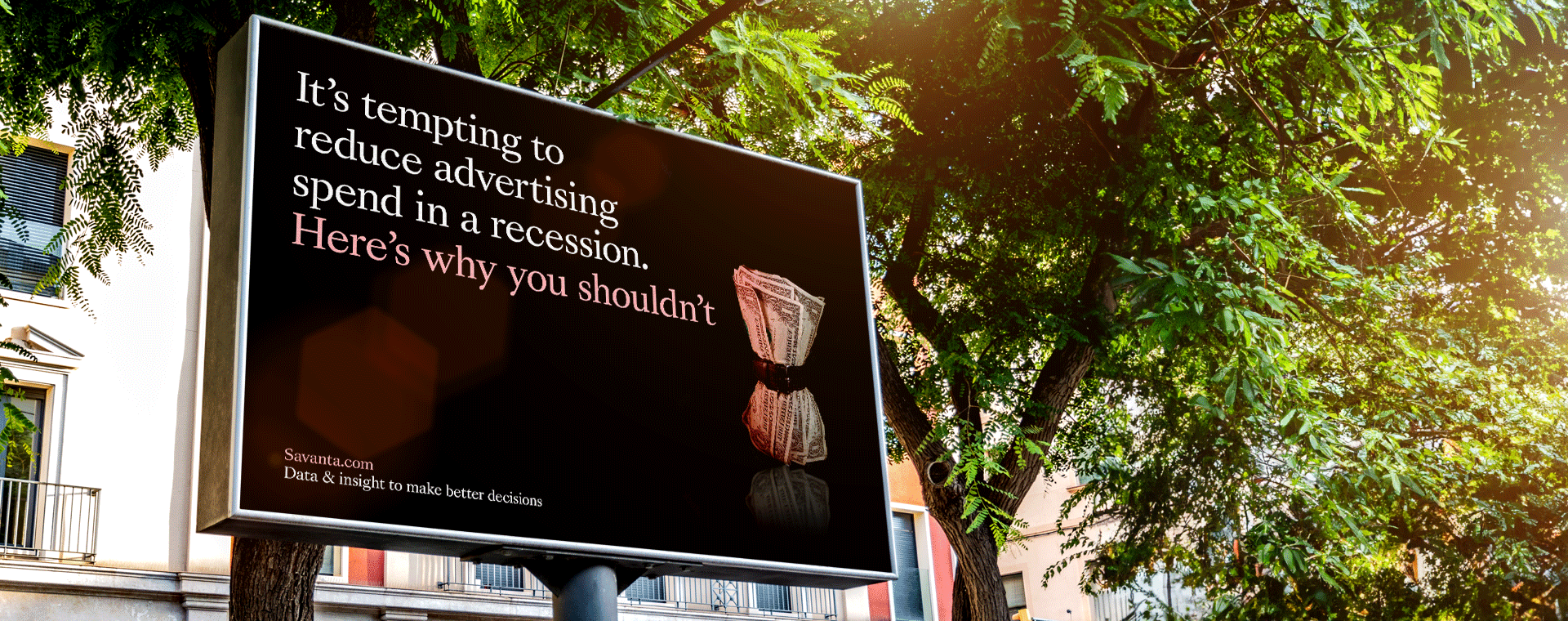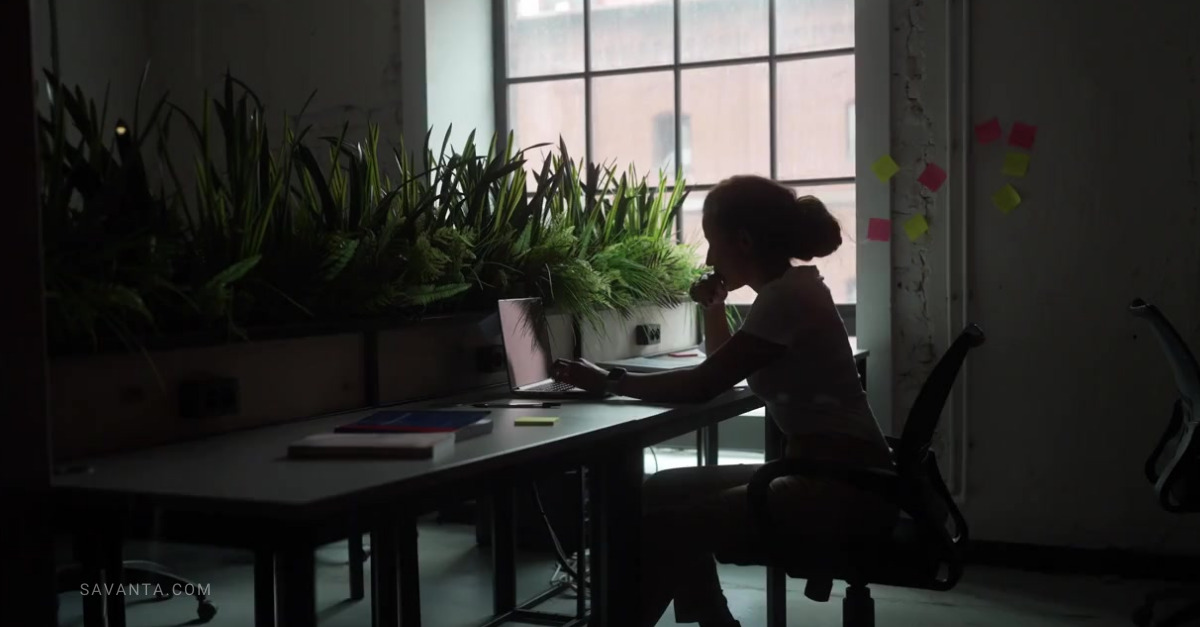
As many of the usual social activities are no longer an option, people have had to find new ways to occupy themselves (and their families) during lockdown, so how are they filling their time— and is this behaviour likely to continue?
The data shows that people are turning to traditionally ‘rainy-day’ hobbies to fill their time. Reading (32%), baking/ cooking (30%) and exercising (28%) as well as gardening (26%), are the top hobbies people are doing more of, or have started, under lockdown.
Some of the top priorities post-lockdown are visiting friends and family (76%), having days out (41%) and going on holiday (36%)
These are unlikely to be completely new to most people and can easily replace a restricted hobby or activity such as going out or playing team sports etc. What’s more, they generally don’t require expensive purchases and are therefore more sustainable for an extended lockdown period.
After lockdown is lifted, behaviours will continue to a lesser extent, suggesting no significant change post-lockdown. However, we could witness a positive ‘new normal’ for these hobbies and activities post-lockdown, with the increase in time spent leading to increased confidence, learning new skills and a broader repertoire.
Two hobbies, currently being utilised under lockdown, in particular seem to be here to stay:
- Exercise: The lockdown seems to be having a positive effect on healthier lifestyles for many, although as we noted in our article yesterday, the appeal of exercise has waned for some since lockdown began.Our weekly tracker shows that there has been a growth of 21% in purchasing equipment for in-home physical activities and encouragingly, 82% of those now exercising – or exercising more – have said they will continue. People also now rate their physical health five percentage points higher.
We are hopeful therefore that this improved physical wellbeing will become the ‘new normal’ post-lockdown. One factor to consider however, is the draw of eating and drinking out once we are allowed out, with pubs/bars (25%) and restaurants (35%) some of the top priorities.
- Baking/cooking: Baking or cooking is the second most taken up hobby, with 30% of people turning their hand to creating their own dishes. This behaviour has been exacerbated by the lack of certain items on supermarket shelves particularly at the beginning of lockdown. Three in four people say they will continue baking or cooking in the future.This uptake could have long term consequences and be seen as the ‘new normal’ in how people approach food. Certain categories, such as fresh and baking ingredients, would see a rise, in time, and impact categories with longer shelf lives, such as ready meals. This would be interesting to investigate once the desire to stockpile ambient ingredients is lessened post-lockdown.
Aside from this, there are behaviours which will likely fall by the wayside once restrictions lift. While a fair proportion of people are taking part in quizzes (13%) and puzzles (16%), only around half (59% and 44% respectively) would consider continuing this after lockdown has lifted and are therefore more ‘lockdown specific’ activities.
What we can hope is that people use this lockdown period to have a positive impact on their wellbeing, becoming healthier and learning new skills. The research indicates that it seems unlikely we will continue to be indoor isolation hermits, supported by the fact that some of the top priorities post-lockdown are visiting friends and family (76%), having days out (41%) and going on holiday (36%).
This data is from our weekly coronavirus tracker. The results from this article were based on additional bespoke questions added to investigate new or increased hobbies and activities during lockdown.
Get in touch for further information on consumer sentiment and behaviours across the leisure sector during the COVID-19 crisis, or to find out how Savanta can help you understand your audiences and keep them engaged.





